Energizer 2032 Batteries, Lithium Coin Cell 3V Batteries (6 Pack)
Don’t let their small length idiot you: This Energizer 2032 Lithium Coin three-Volt Battery delivers large time on lengthy-lasting, reliable strength for your coin-battery-operated objects. From heart charge or glucose video display units, to remotes, keyless entry structures, key fobs, watches, toys and games, or even extra specialised gadgets, our coin batteries are compatible with the gadgets that suit your existence, so that you can keep going. These dependable and sturdy Energizer Coin Lithium Batteries are able to face up to a wide variety of temperatures (from -22º to a hundred and fortyº F) and may hold power in storage for up to ten years, providing you with coin battery strength you could depend upon. Responsibly designed with 0 mercury and toddler-resistant protection packaging to maintain your infant safe, it’s easy to peer why Energizer Lithium Coin Batteries are the right choice on your distinctiveness gadgets.

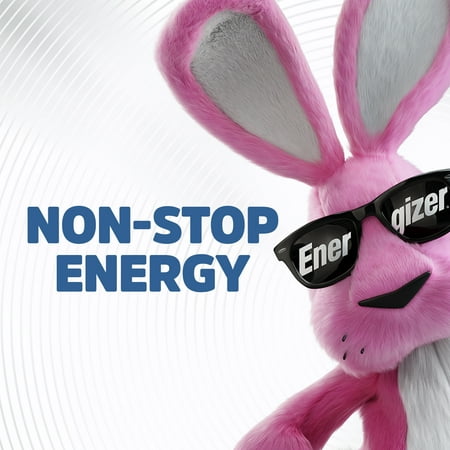
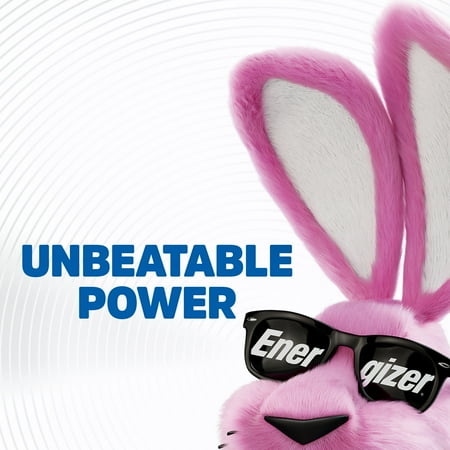
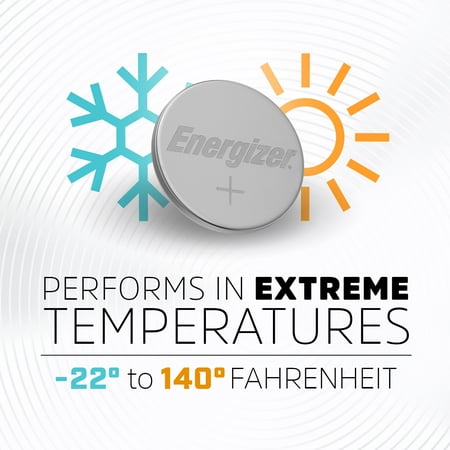

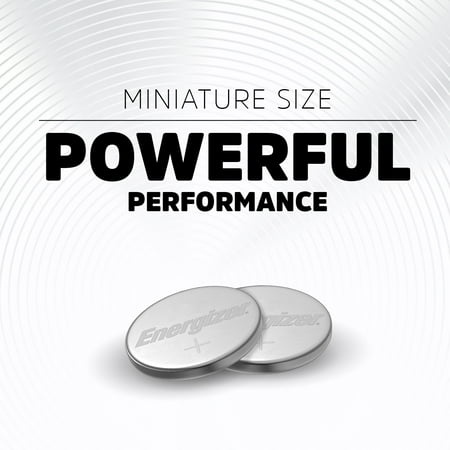
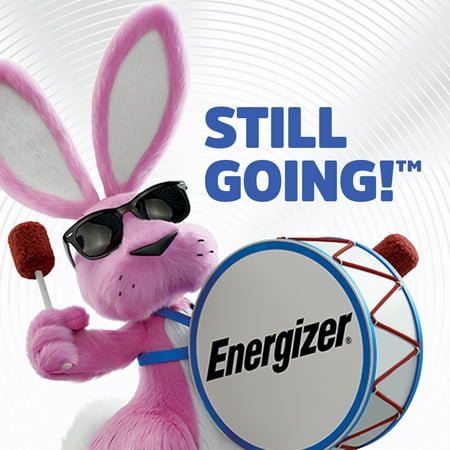
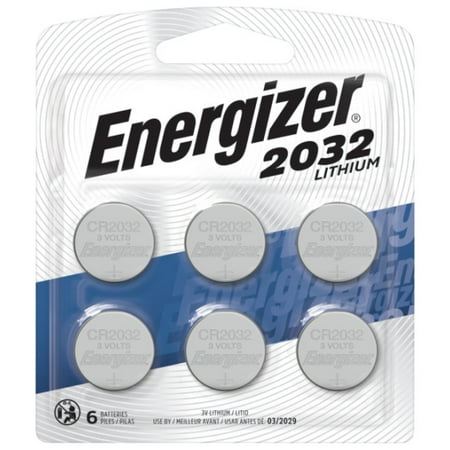
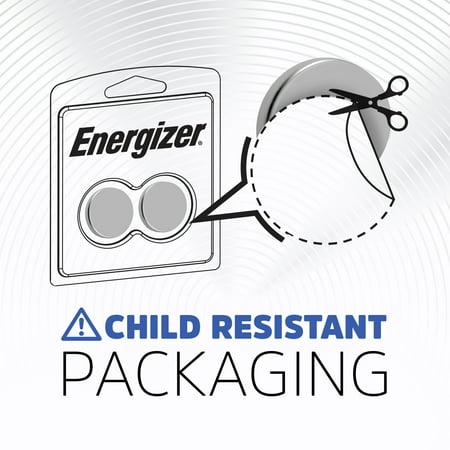
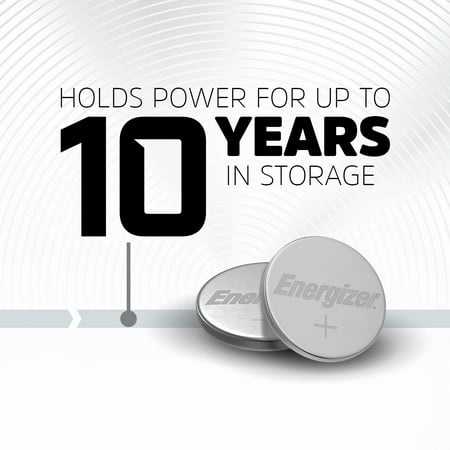
Energizer 2032 Batteries, Lithium Coin Cell 3V Batteries (6 Pack)Energizer 2032 Lithium Coin BatteryDelivers lengthy-lasting, reliable performance in specialty devices like heart charge video display units, remotes, keyless entry systems, glucose monitors, toys, and gamesHolds energy for up to 10 years in garage, making sure you have got Lithium Coin Batteries prepared when you want themCell size: 2032; IEC: CR2032; Type: Lithium Coin; Volt: 3Replacement for: L14, DL2032, SB-T15, and 5004LCThese lithium batteries can face up to a extensive temperature variety, from -22º to 140º FEnergizer has a complete variety of button mobile batteries. Whether it is in your watch, glucose reveal, pedometer, faraway control or other small devices, they have the proper battery to your wishes. Energizer leads the enterprise by being the primary battery manufacturer to introduce coin lithium battery packaging that voluntarily meets the strict suggestions set by means of the Consumer Product Safety Commission (CPSC) for child resistance


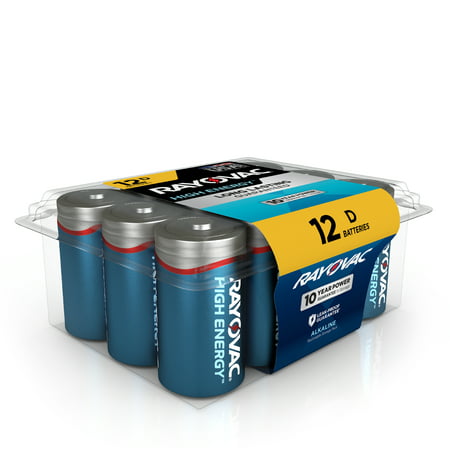
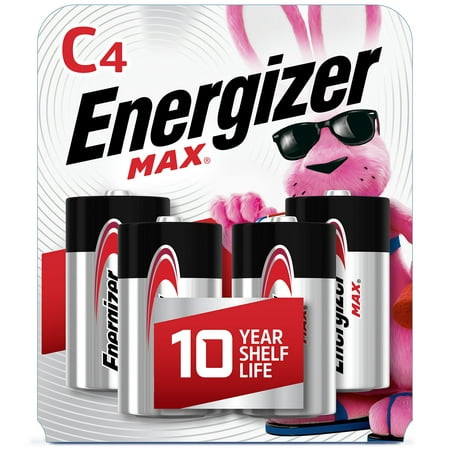
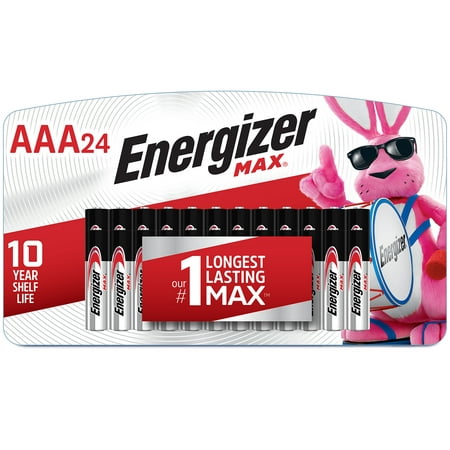
Reviews
There are no reviews yet.